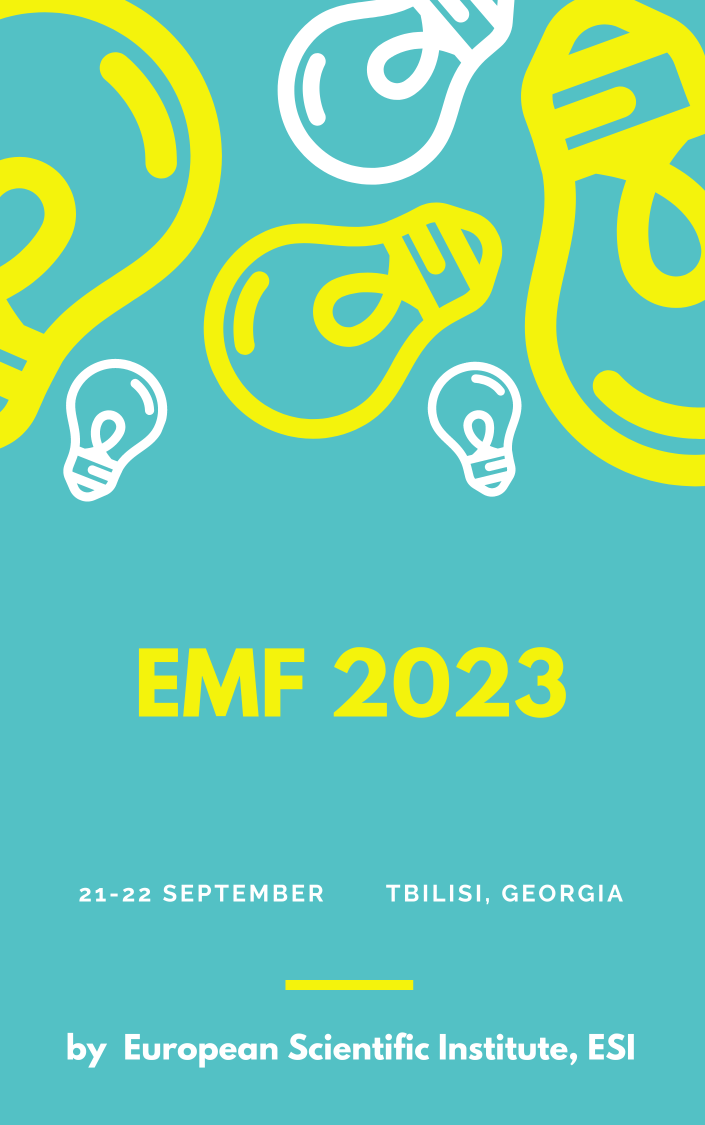Digital Referendum - Effective Modeling of Public Administration in Georgia
Abstract
State management in its content is a complex and at the same time dynamic process. The second half of the 20th century can be considered the initial period of management transformation and establishment of governance structures.
Governance based on democratic principles is based on a number of fundamental principles, the correct implementation of which is the most important prerequisite for the establishment of democratic institutions. One such important democratic process is the referendum.
In Europe, the practice of referendum is most established in Switzerland, which is governed by a system of direct democracy. Accordingly, in order to solve problematic issues, citizens in Switzerland take part in both regional and national referendums, which are undoubtedly democratic in content and respond to the fundamental principles of modern public administration.
In Georgia, where there is little experience in holding a referendum, the implementation of a digital referendum is the latest challenge, which will be an important step in the way of the country's European integration. The involvement of citizens in the solution of important issues for the state allows the so-called possibility of communication between society and government. It eliminates "black holes" and ensures the reduction of conflicts between them. Of course, all the positive results of the referendum depend on how fairly and objectively it will be conducted.
Thus, one of the important challenges of the digitalization of the public administration of Georgia is the digital referendum, the implementation and development of which is an effective step on the way of the state development of Georgia and as a result ensures the acceleration of the country's institutional and European integration processes.
In the era of digital governance, it is necessary to develop new approaches to state intervention in all spheres of public life and public service delivery systems in order to optimally respond to the needs of citizens. Analysis and comparison methods are mainly used in the work, proposals are given in the direction of improving the provision of public services in connection with the electronic referendum.
Downloads
PlumX Statistics
References
2. Alekseev, R.A., (2020). Electronic Referendum: Problems and Experience. Moscow, Moscow State Regional University.
3. TaganaSvili, N., (2022). Online services as a direct means of interaction between the state, business and citizens. IDFI
4. Toni, G.L.A. van der Meer., (2014). E-Democracy: Exploring the Current Stage of E-Government. Journal of Information Policy
5. Kopanev, G., (2019). Electronic state of the future. Part 3.
6. Gabisonia, Z., (2021), E-Governance and Leadership. Sverige. UNDP
7. McCarthy, John., (2007). What is Artificial Intelligence? Stanford University
8. Cho, Ilsoo., Digotal Democrasy and Citizenship. Department of Ethics Education, Chungbuk National University
9. Sanoff, H., (2000). Community Participation Methods in Design and Planning. New York: John Wiley & Sons
10. United Nations University. (2019). E-Georgia: a technology-enabled journey towards an equitable, transparent, and sustainable public sector, UNU
Copyright (c) 2024 Khatuna Muradishvili, Ekaterina Zakaradze

This work is licensed under a Creative Commons Attribution 4.0 International License.








